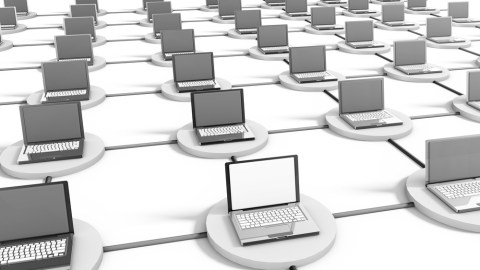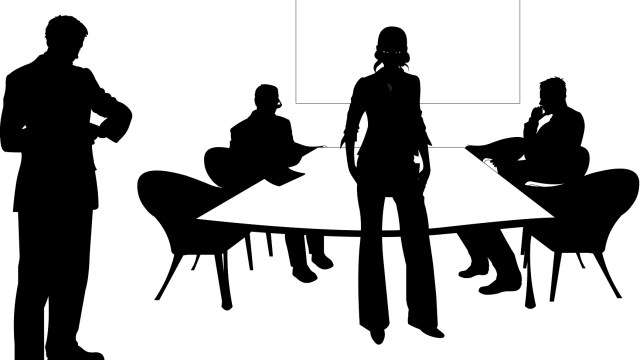Social Networks or Anti-Social Surveillance Networks?

We typically focus on the positive aspects of online social networks – but what about their negative aspects? As we’re seeing in the investigation into the Boston Bombers, online social networks can rapidly transform into participatory surveillance networks, in which everyone participates, at least indirectly, in the creation of a digital surveillance state. Suddenly, our friendships on Facebook or our followers on Twitter can link us to people or content we’d rather not be linked to. The more we share online, the more likely that this will happen. In some cases, the videos you’ve watched on YouTube or the photos you’ve posted on Instagram could become the basis for a criminal investigation.
In the case of the Tsarnaev brothers, the Feds – and the rest of the Internet – are scouring their Twitter accounts for clues, hopeful of finding some clues as to why the Boston attack occurred. And, as might be expected, those online social connections eventually led them to the three individuals suspected of covering up the Tsarnaev plot. But what about the others who knew the Tsarnaevs on social media but had absolutely nothing to do with the plot? Suddenly, it seems like, it’s just Six Degrees of Separation between them and a federal detention center.
Would you un-follow someone if you knew they had been watching radical Islamic jihadist videos recently? Would you race to delete your Instagram account if a photo of fireworks might tie you to violent jihad? Perhaps. But what if that photo of fireworks was dated July 4th? Or that YouTube video was being watched as part of a classroom project?
In a digital age, when we’re increasingly defined as much by our online social networks as by our offline actions, it makes sense that investigators should not hesitate to overturn a single stone if it can help to unearth a possible terrorist conspiracy. What’s new in all this is how the rest of the Internet is essentially volunteering its time and “expertise” to help them out. That’s all good and well, but what happens in a few years when the government has built the apparatus of a surveillance state (filled with more drones, more cameras and more volunteer watchers) and then starts to suspect you of wrongdoing because of someone you’ve “friended” or “re-tweeted” in the recent past? What if you look a certain way or speak a certain language? Then, it starts to look an awful lot like social media profiling, in which having the wrong social media profile could get you picked up by the Feds.
Of course, that’s not to say that new surveillance networks were completely responsible for nabbing the three friends of Dzhokar. Let’s face it, coming up with a vanity license plate like “Terrorista #1”should put you on some kind of watchlist, if only for the local mental asylum. There were some dumb things the three did – like throwing away an incriminating backpack – to raise the alarm with authorities. But what if they hadn’t done anything more than just text their former classmate, asking him if it was really him?
There’s something distinctly Orwellian (or, at least, Kafka-esque) about an all-knowing state being able to zero in on our past social network activity and then being able to combine all that data with grainy surveillance images from cameras of fellow citizens. A lot of false positives could be created very quickly, and with everything happening in real-time, it could become a nightmare to sort out later. Consider that just the clue of an individual having a Russian-sounding name (“Misha”) was enough to have people scrambling to unearth possible connections between the Tsarnaevs and Chechens anywhere in Massachusetts. We know that not all Chechens hate Americans, and in fact, most Chechens don’t. Yet, when social networks become surveillance networks, it’s “guilt by association” — leading us to assume that all Chechens living in Massachusetts must somehow possess the attributes and mindsets of the two Boston Bombers.
In a digital surveillance state, where the surveillance cameras are everywhere, when anyone could be hacking Google Glass in the future to record conversations and events, we all could find ourselves in trouble and headed to the Digital Gulag for things we never, ever intentioned. Network effects, in short, can get real scary, real fast, transforming our social networks into anti-social surveillance networks.
image: Computer Network / Shutterstock




